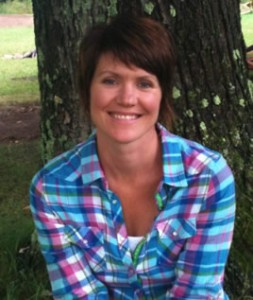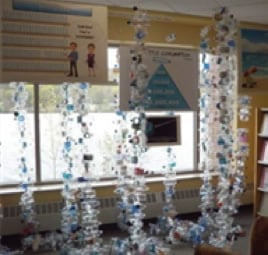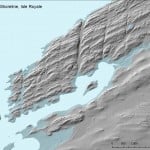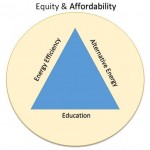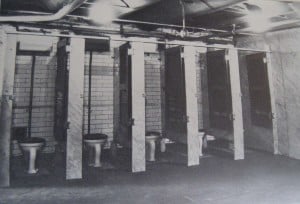Assistant or Associate Professor, Tenure-Track
Department of Social Sciences, Michigan Technological University

The Department of Social Sciences at Michigan Technological University seeks a tenure-track faculty member specializing in Architectural History, Historic Preservation, or Public History to join an interdisciplinary social sciences faculty.
The Department of Social Sciences (http://www.mtu.edu/social-sciences/) offers undergraduate majors in history, anthropology, and social science. The department is also home to two graduate programs (Industrial Heritage & Archaeology and Environmental & Energy Policy), both of which offer MS and PhD degrees. The successful applicant will contribute to the graduate Industrial Archaeology program by teaching the documentation of structures and sites and should be familiar with HABS/HAER standards. Applicants must be able to teach in the undergraduate American history survey and demonstrate an ability to sustain graduate research activities through external funding. Candidates may come from fields such as architectural history, historic preservation, industrial history, history of technology, or American Studies as it relates to the built environment, and should have interests relating to any of the following areas: recording and preserving structures; industrial heritage; cultural resource management; the historic interface between industry and environment; or historic site development, interpretation, and management. This is a tenure-track position at the Assistant/Associate Professor level, beginning August 2015. Ph.D. in History, American Studies or relevant historical field expected at time of appointment.
Michigan Tech is a research university with 7,000 undergraduate and graduate students, and 120 undergraduate and graduate degrees. The University emphasizes interdisciplinary collaboration and international research partnerships, and prepares students to create a more sustainable world. Our goal is to attract world-class faculty to enrich the educational experience of our bright, motivated, and adventurous students. MTU is dedicated to the goal of building a culturally diverse faculty committed to teaching and working in a multicultural environment and strongly encourages applications from women and minorities. Michigan Tech is located on Lake Superior in Michigan’s Upper Peninsula, and its community offers year-round recreational and cultural opportunities. Please consult the department webpage for more information: http://www.mtu.edu/social-sciences
Review of the applications will begin on January 15, 2015 and continue until the position is filled. Candidates should complete the online application at https://www.jobs.mtu.edu/postings/2371 and upload the following application materials:
- a cover letter
- a two-page statement describing teaching experience and research plans, and how you meet the requirements for this position and how you could contribute to an interdisciplinary social sciences department
- a curriculum vitae
- a recent publication
- contact information for three references (no letters of reference, please).
Complete job description is available at http://www.jobs.mtu.edu/postings/2371.
Inquiries may be sent to: Steven A. Walton, sawalton@mtu.edu or 906.487.3272.
Michigan Technological University is an Equal Opportunity Educational Institution/Equal Opportunity Employer, which includes providing equal opportunity for protected veterans and individuals with disabilities. Applications from women and minorities are highly encouraged by both the department and the institution. Michigan Tech acknowledges the importance of supporting dual career partners in attracting and retaining a quality workforce. Michigan Tech is committed to offering career exploration advice and assistance whenever feasible and appropriate at the University and in the local community. See www.dual.mtu.edu for additional information. Michigan Tech is an ADVANCE institution, one of a limited number of universities in receipt of NSF funds in support of our commitment to increase diversity and the participation and advancement of women in STEM.
